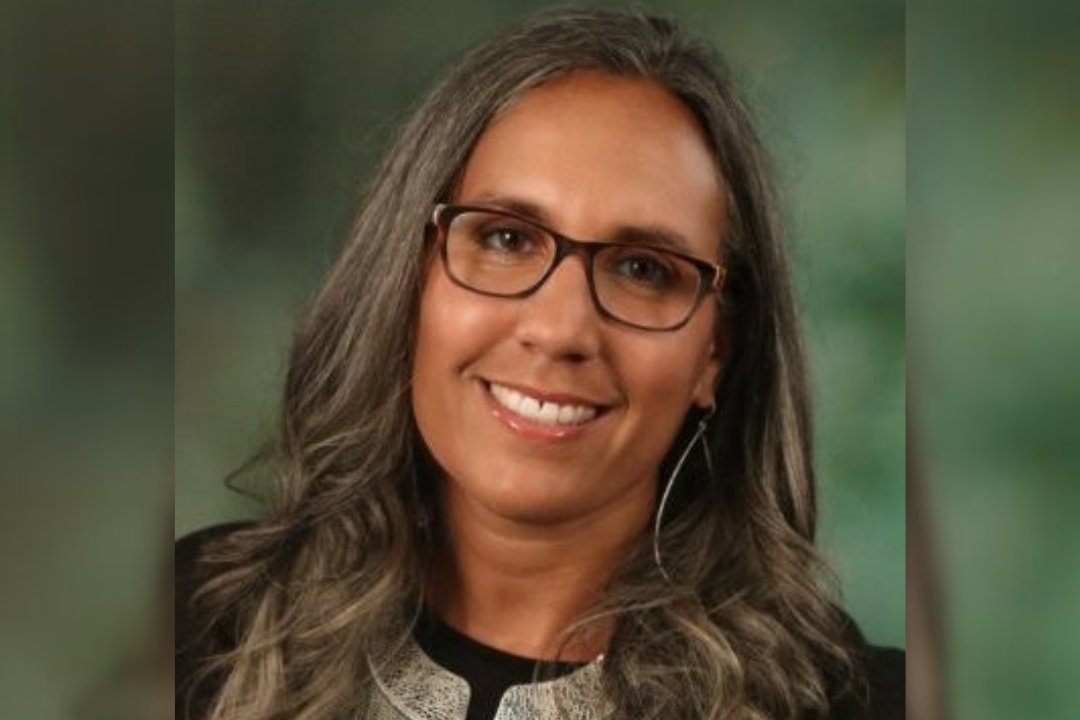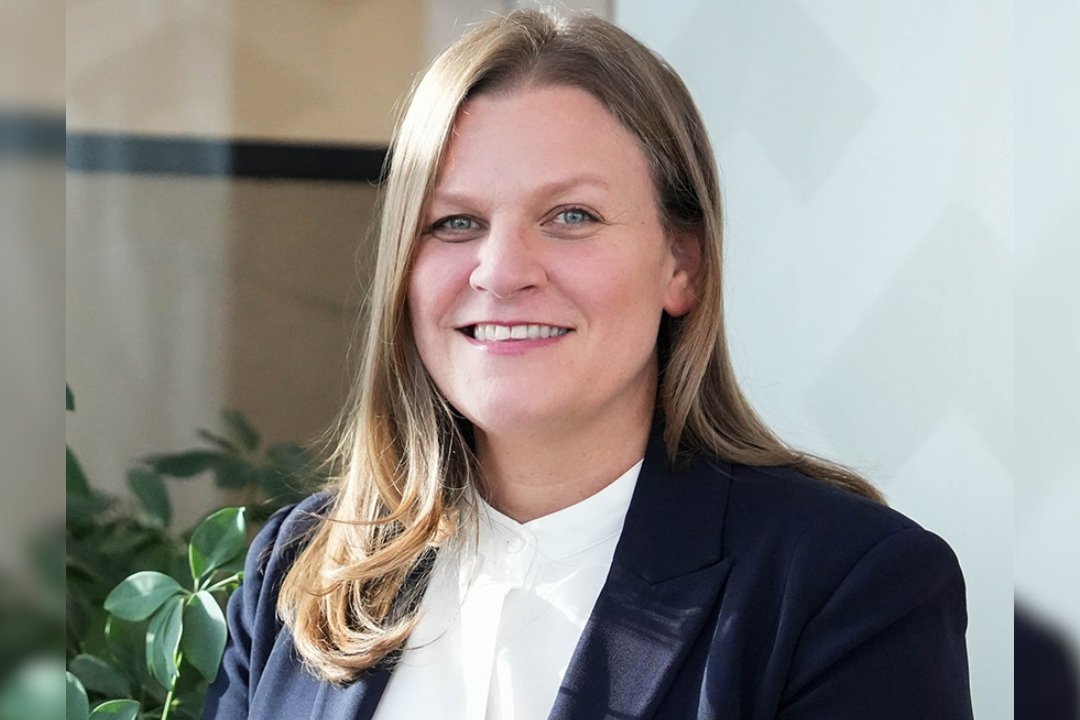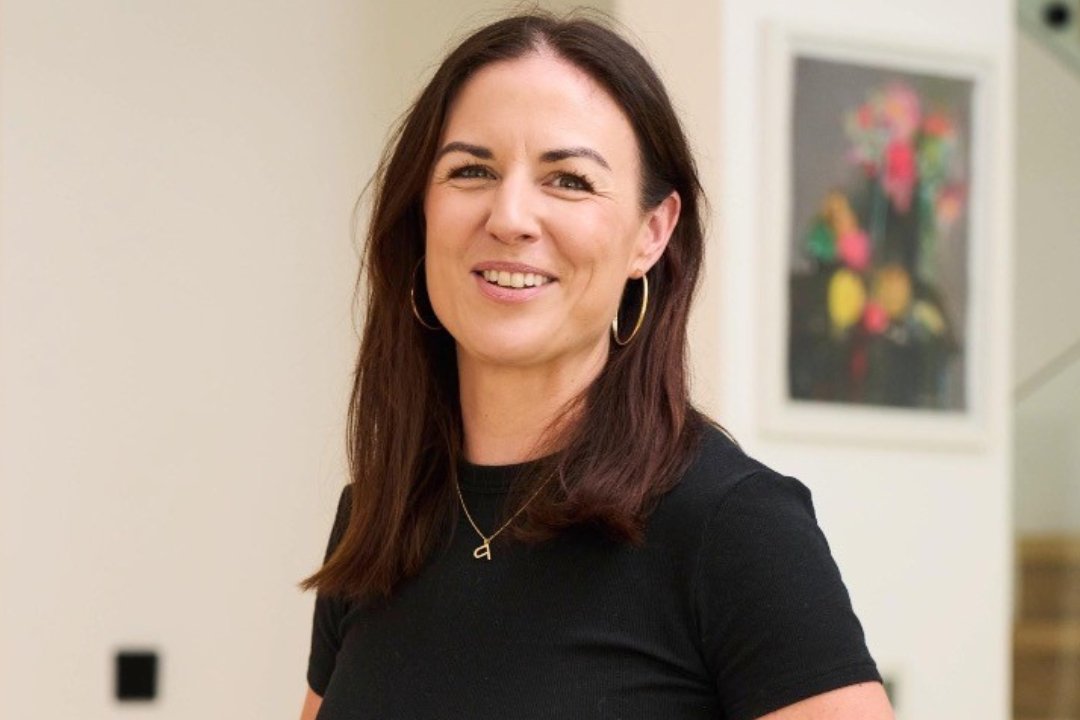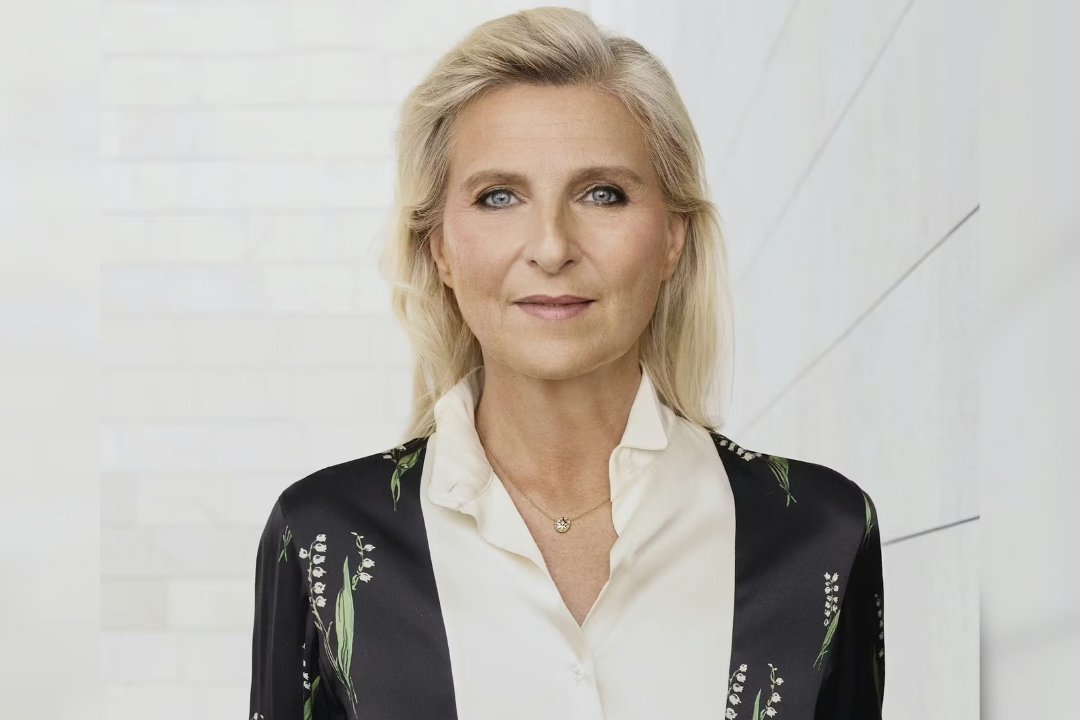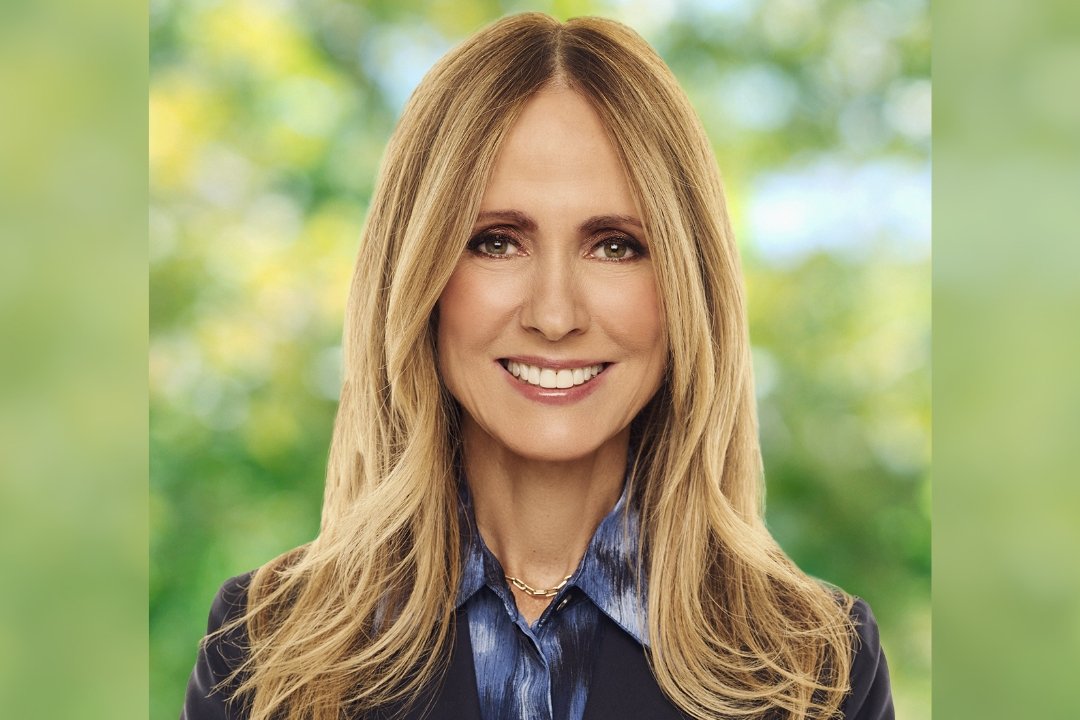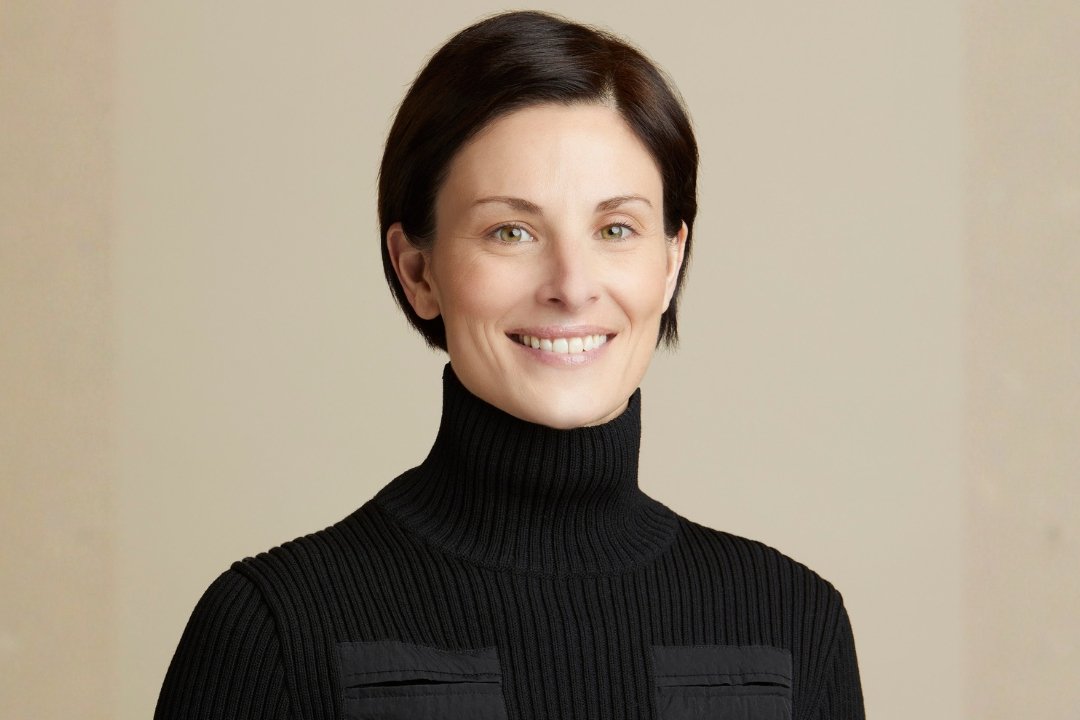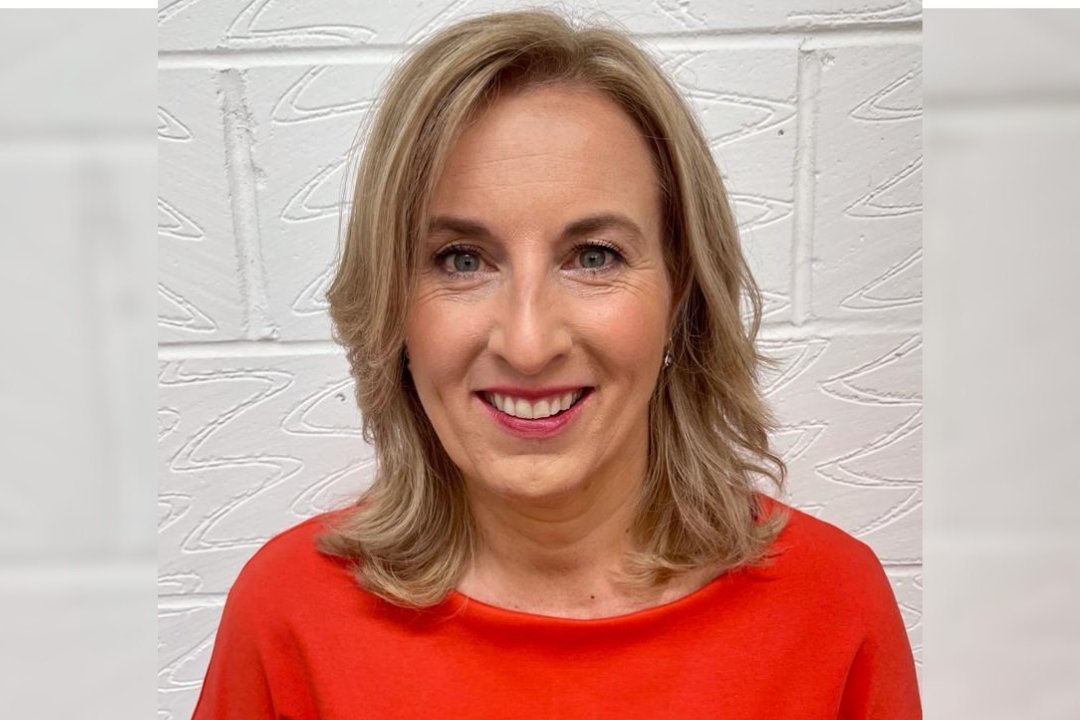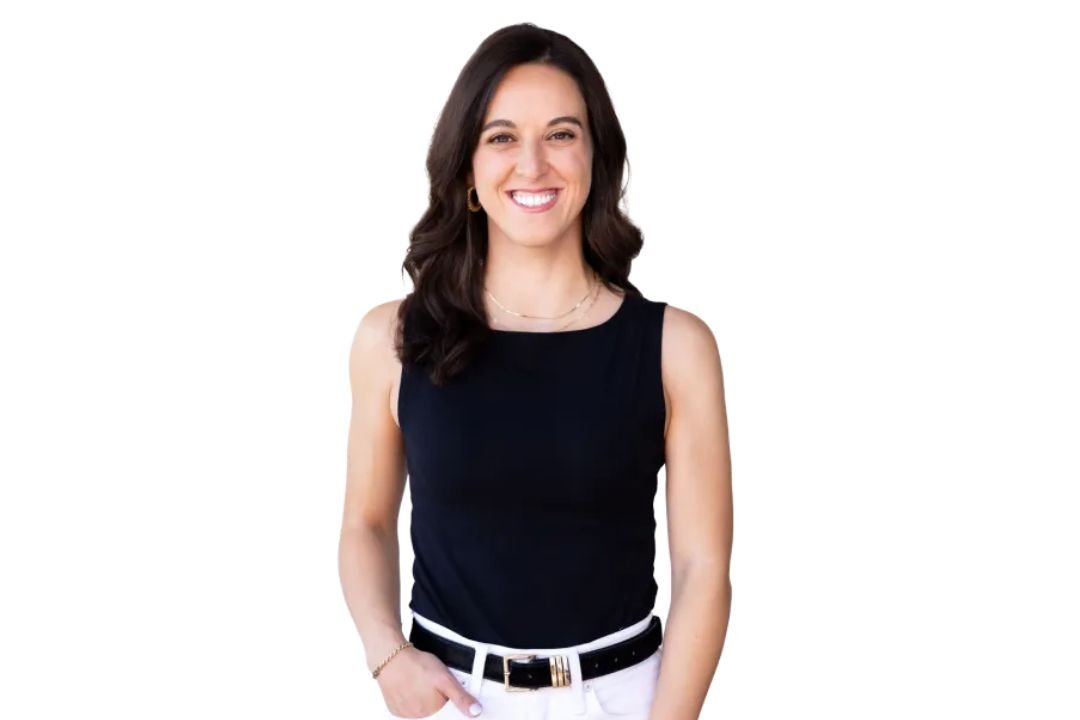Dr. Matinee Maipang is a key player in Thailand’s healthcare sector, currently serving as the CEO of Group 1 and Director of Bangkok Hospital, part of the renowned Bangkok Dusit Medical Services (BDMS) network. Dr. Matinee Maipang has transformed Bangkok Hospital into a standout name in healthcare in Thailand. With her forward-thinking leadership, she’s harnessed the latest technology and precision medicine to push patient care to new heights.
Blending advanced medical technology with a patient-first philosophy, Dr. Maipang balances innovation with empathy. This approach not only earned her the prestigious Best Woman CEO in Strategic Leadership in Healthcare award but also has established Bangkok Hospital as a pioneer in both healthcare technology and compassionate care. Her commitment to integrating AI, robotic-assisted surgeries, and smart hospital initiatives demonstrates a clear vision of the future of healthcare.
In an insightful interview, Dr. Maipang shares her journey from a dedicated pediatrician to a top executive. She discusses her vision for the evolution of smart hospitals and how Bangkok Hospital is reshaping the healthcare landscape in Thailand and beyond.
Women’s Tabloid: Congratulations on winning the Best Woman CEO in Strategic Leadership – Healthcare award! How do you feel about this recognition of your leadership in the healthcare sector?
Dr. Matinee Maipang: Leading in healthcare is a profound responsibility and this award reflects the dedication of my entire team. Together, we have navigated challenges, innovated solutions, and prioritized patient care. This recognition is also a testament to our collective commitment to excellence in our field. I am deeply grateful and motivated to continue pushing boundaries in healthcare leadership. Thank you for this honor and for supporting women leaders in healthcare. I am proud to represent the majority of the healthcare workforce of strong women.

WT: How has your background as a physician influenced your approach to healthcare management and leadership at Bangkok Hospital?
MM: Being a pediatrician for more than half my life has given me invaluable insight into healthcare. I realize the ever-changing environment in the medical business. How to embrace the change and turn it into sustainability is a challenge in every industry. From my perspective, patients’ basic requirements never change, whether they are empathy, appropriate treatment, or good service. As a result, we have established the “Triple C” strategy to provide our patients with an exceptional experience.
Competency means having a deep vertical knowledge of our profession so that we can do and plan what is best for our patients.
Compassion extends to not only our patients, but their families. Having empathy allows our staff to obtain the best results as if we are treating our own family members.
Care brings attentiveness and comfort to our patients, who are cared for with respect.
This culminates in the formation of our current and future strategies to elevate healthcare.
WT: Bangkok Hospital is known for its adoption of innovative healthcare technologies. Could you highlight a recent technological advancement that has significantly improved patient care outcomes?
MM: One of our goals is to become a “Smart Hospital” by equipping our well-trained medical personnel with the latest technology to deliver exceptional care. To support that goal, we employ a variety of the advanced technology available in the market which ranges from cutting-edge medical technologies such as robotic-assisted surgery to AI to help with precision diagnosis.
Inspectra CXR: In response to the COVID-19 pandemic and the rise in respiratory illnesses, we have integrated the Inspectra CXR system. This technology aids our medical staff by screening patients for lung infections, assessing disease severity, and identifying those needing urgent treatment. Inspectra CXR detects lung abnormalities with high accuracy, providing alerts and pinpointing problem areas, which allows for faster and more precise diagnoses compared to traditional methods. This leads to timely and efficient treatment. Most of the healthcare technology is the same in many hospitals around the world, but the technology for healthcare service is rare. We have been improving our services using the help of healthcare intelligence applications to simplify patient experience. For example: My B+ application provides a one-stop healthcare service that includes appointment scheduling, telemedicine, medicine ordering and delivery, and accessing patient’s health records anywhere, at any time.
B with You: This service allows families to track a patient’s progress from pre-surgery through to post-surgery, providing care guidelines and precautions to support patient health and well-being.
B in Touch: This service keeps families informed with detailed updates on the patient’s treatment plan, progress, service fees, and other essential health information to ensure a successful stay at Bangkok Hospital.
These services give the patients as well as their families reassurance and peace of mind during their time of challenge. Patients can experience some of our other pilot smart services for precision and reliable healthcare at our various centers, such as Health Design Center, Eye and Lasik Center, and Fertility Center.

WT: As is the case in every sector, healthcare is also rapidly evolving. What is your take on emerging trends or technologies like the advent of AI and the era of wearable health machines?
MM: As a leader in the healthcare sector, I believe these innovations align perfectly with our vision of becoming the Medical Hub of Asia Pacific and moving towards smart healthcare.
We’re actively working to bridge the technology gap by integrating cutting-edge solutions into our medical practices. Our goal is to create a truly smart hospital environment where advanced technology enhances patient care and experience.
However, we must remember that technology is a tool, not a replacement for the human touch. Our philosophy at Bangkok Hospital is that advances in medicine must always be paired with compassion. As we embrace AI assistance in chest and breast mammography, we’re equally focused on maintaining the warmth of Thai hospitality and ensuring excellent patient experiences.
These emerging trends allow us to revolutionize healthcare delivery, improve diagnostic accuracy, and empower patients to take control of their health. But the key lies in balancing technological advancements with personalized, compassionate care – that’s the future of healthcare we’re committed to building.
WT: Employee development is key to organizational success. How does Bangkok Hospital cultivate a culture of continuous learning and development among its staff?
MM: I have to say that the healthcare industry is a combination of art and science that is constantly growing. So, we emphasize continuous learning and development at all levels. We have both internal and external seminars and training which we partner with well-known medical institutions around the world.
We also encourage performance feedback and mentorship, leadership development, technology competency, skillsets enhancement, and innovation. An example of this is the idea-sharing initiative that turns “idea, I do” to “idea, we do”. We have many great ideas from our teams, one of which is the latest “BHQ Vitality and Well-being” program to motivate every employee to achieve higher quality in these 3 aspects: Physical, Mental, and Financial.
All these activities may seem time-consuming, but we have technology to facilitate the process. Using the Ampos application, our team can accumulate theoretical learnings online anywhere and anytime. Then, our staff aims to apply and enhance their knowledge in a real-life situation at work.

WT: Could you tell us more about medical tourism in Thailand and how Bangkok Hospital balances serving international patients with meeting the healthcare needs of the local community?
MM: Medical tourism in Thailand has experienced significant growth over the past two decades, establishing our nation as a premier global healthcare destination. Bangkok Hospital, as a leading private healthcare provider, has played a pivotal role in this development. We offer world-class medical services, cutting-edge technology, and internationally accredited facilities that attract patients from around the globe.
Although our primary customers remain to be Thai and local patients. But this growth in medical tourism is undeniable. This is why we strengthen our operations to include international aspects. We have a team of multinational customer service that can cater to over 26 languages, 24/7. But, the most important thing, aside from communicating in their own languages, is to ensure that our international teams understand the national and cultural specifics of our international patients and extend our service with Thai hospitality.
Furthermore, our state-of-the-art medical technology and partners from major medical institutions throughout the world allow us to treat rare diseases, which have no boundaries. We can reassure that all our patients, both local and international, are treated with the same high standards of medicine.
WT: How does Bangkok Hospital engage with the local community beyond healthcare services? Are there any notable CSR initiatives or community outreach programs you’d like to highlight?
MM: We always support communities or any organizations that embrace healthcare. We have several CSR initiatives that focus on promoting good public and community health, while perpetually enhancing that knowledge.
Our projects include CPR and Basic Life Support programs for students, communities, and organizations in both governmental and private sectors, as well as the general public. An example is the midwifery training and Scene Safety and Emergency Plan we provide for Traffic Police. Traffic accidents are a major problem and can occur often. These activities have proven to be very useful in preventing fatality while waiting for an emergency crew to arrive at the scene of an accident.
Realizing that there is an increasing trend of osteoarthritis, we have joined BDMS’s Knee Replacement Project for qualified elderly patients who cannot afford the treatment. In addition, we organize conferences for medical professionals across the country, such as trauma and orthopedic conferences, where we invite doctors and medical experts to share their academic knowledge. Further, we collaborate with leading medical schools in Thailand to provide skill enhancement training for orthopedics surgeons from all over the country, not just from BDMS.
By combining healthcare excellence with social responsibility, Bangkok Hospital plays an active role in uplifting the local community and enhancing overall well-being.
WT: Thailand has been increasingly recognized for its advancements in healthcare innovation. Could you highlight a specific initiative or collaboration that Bangkok Hospital is involved in, which showcases how Thailand is leading in healthcare innovation?
MM: For BDMS, our vision is to be a medical hub of Asia Pacific by moving towards smart healthcare. As stated earlier, we have been using cutting-edge robotic surgical technology that features the da Vinci Xi Surgical System which yields greater accuracy and incurs
less pain for the patient. We also employed Inspectra CXR, an AI-powered radiologist assistant, to improve the efficiency of chest X-ray processing and quicken the diagnosis and treatment processes. We were among the first private hospitals to employ these technologies for our patients.
Another example of our initiative is the collaboration with the National Cancer Center Japan to upgrade and pave our way to become the leading medical service provider for cancer patients at Asia – Pacific level. Our partnership not only supports the Asian Clinical Trials Network for Cancers project (ATLAS), an international genomic research project, but also encourages academic cooperation, the exchange of medical information and expertise, interagency research, and cancer care support for both Thai and foreign patients.
In terms of environmental protection and safety, we have many projects to manage our waste from medical residue to mere day-to-day products such as water bottles. We cooperated with Corsair Group International to implement CSR Plastic Credit to offset our plastic waste footprint and become Certified Plastic Neutral. We convert plastic waste into petrol. We also teamed up with SCGP to convert more plastic litter into household products like tables, chairs, and shelves, which were distributed to the local community through our Vejdusit Foundation.
These innovative initiatives, among others, led us to earn SET Awards for business achievement in 2023, including Best Innovative Company Awards for pioneering Direct Anterior Approach Hip Replacement (DAA) in Asia Pacific. This procedure was specifically developed to avoid muscle cutting and has gained popularity in the international medical community, and we proudly introduced it in the Asia-Pacific region.
Moreover, in our quest to be a leader in sustainable healthcare, we also implemented environmental social Governance in our hospitals to foster health and well-being among our staff and patrons.

WT: Quality assurance is crucial in healthcare. What measures does Bangkok Hospital undertake to ensure the highest standards of care and safety for its patients?
MM: We employ a comprehensive measurable approach that includes advanced medical technology, highly qualified medical staff, continuous training, patient safety protocols, emergency preparedness, personalized care, and preventive care.
As a result, we have received numerous recognition and accreditation by international as well as local healthcare organizations: for example, Joint Commission International (JCI) since 2007 as one in the first group for Thailand; Clinical Care Program Certification (CCPC); One of the Best Hospital in Thailand 2023-2024; Best Specialized Hospitals in Asia Pacific 2023-2024; Advanced Healthcare Accreditation by Healthcare Accreditation which is a public institution responsible for quality improvement and accreditation of healthcare organizations in Thailand.
WT: As a leader in healthcare and a role model for many women, what advice would you give to women who are looking to prioritize their health and wellness amidst busy schedules and responsibilities?
MM: I know that it is very difficult to have a healthy habit. But everything is all about your frame of mind. No matter what gender you are, to be a leader in healthcare, you must embrace good health with a positive attitude.
You need to set clear goals about how to improve your health. Start with an easy task that can be incorporated into your routine and stick to it. You may have some help from professionals, friends, or any gadgets that will keep you in tune with your goals. Once you are synched into your routine, you will feel comfortable with it. I hope everyone can find their own happy tune. If not, you can always call us at Bangkok Hospital for assistance.
WT: Is there anything else you would like to share about your journey or Bangkok Hospital’s future direction that we haven’t covered?
MM: All in all, our effort is to evolve into a next-generation hospital by bridging clinical and service gaps, fostering global collaboration for medical progress and sharing, and providing a comprehensive continuum of care throughout a patient’s life. This is why we invested heavily in our technologies, personnel, and services.
We will strive to uphold our commitment to excellence, continuously improving our services and capabilities to meet the evolving needs of our patients and become the next generation hospital soon.



